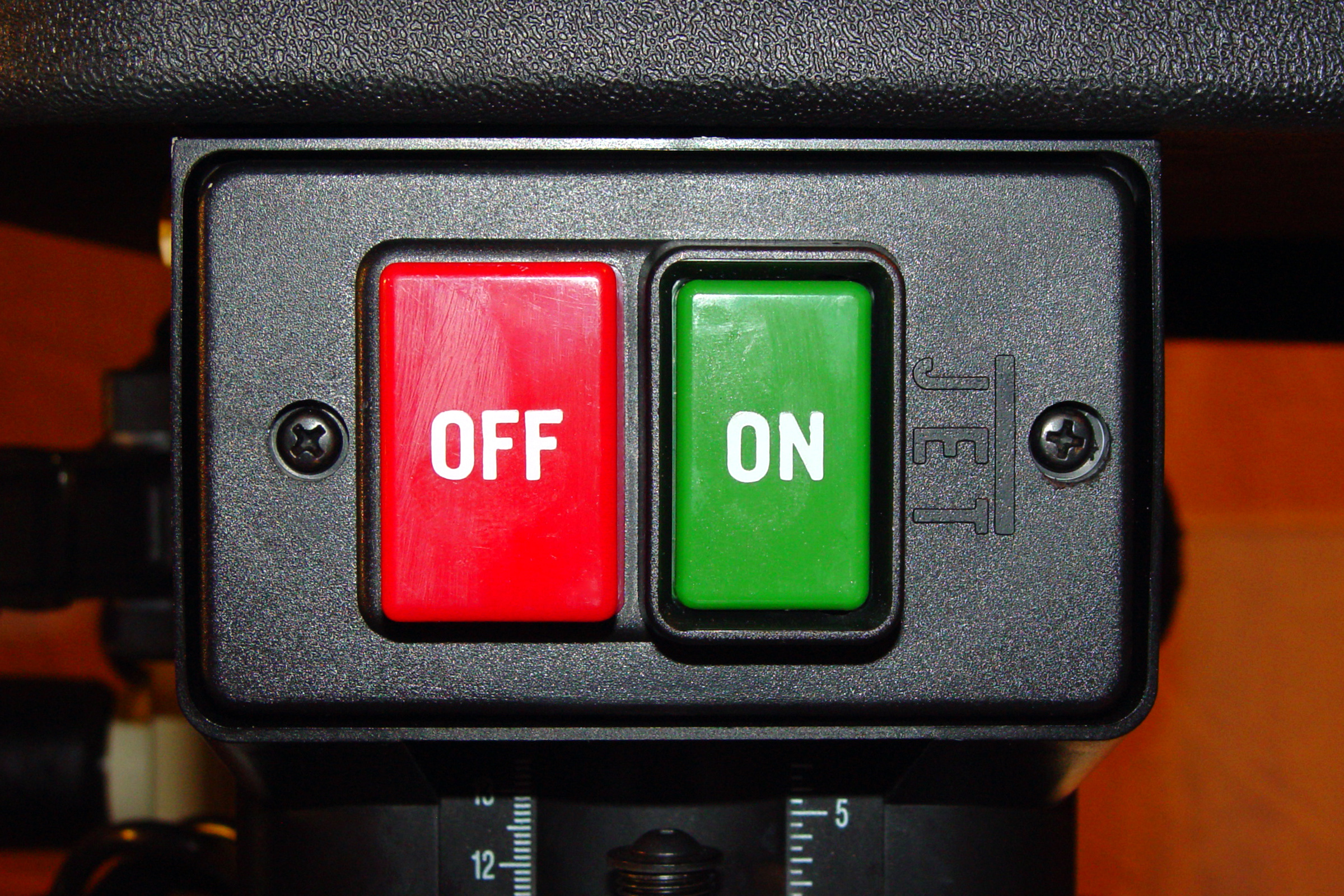
03 Jun Conversion to Roth IRA not a simple decision
[section background_repeat=”repeat” background_position=”center top” background_attachment=”static” background_scroll=”none”]
Photo: click/morguefile.comQ. I have $250,000 in IRAs and $450,000 in my 401k, and I plan to retire next year. I’m wondering how I can decide if it’s smart to convert some of the IRA money to Roths, and how do I decide?
A. There is no one-size-fits-all for questions about conversions to Roth IRAs.
There are many things to consider.
First, you need to ask yourself if you have after-tax dollars available to pay the possible tax bill from the conversion, said Michael Maye, a certified financial planner and certified public accountant with MJM Financial in Gillette.
You’ll also need to consider your current tax bracket compared to the tax bracket you anticipate you’ll be in during retirement, and whether or not you anticipate needing to use the money you’re talking about, Maye said.
If you don’t think you’ll ever spend the money, a Roth could be a good estate planning tool.
Maye said he’d also want to know, as part of this analysis, if you have any after-tax dollars invested in a 401(k) or a non-deductible IRA.
Why would that matter?
“The answer is they both create a tax basis and can eliminate or reduce taxes upon the conversion of an IRA or 401(k) to a Roth IRA,” Maye said. “For example, if the reader does a full 401(k) rollover to an IRA, any after-tax contributions can be separated out and sent to a Roth IRA, while the pre-tax contributions can be rolled into a traditional IRA.”
The best part of that scenario, Maye said, is that because only the after-tax 401(k) money is going into the Roth IRA, zero income taxes will be due on the rollover.
Maye said if you have a non-deductible IRA contributions but no after-tax 401k contributions, you will want to convert the IRAs into a Roth prior to rolling over the 401(k) into an IRA, he said.
“The reason is that when IRAs are converted into a Roth IRA, all IRAs must be aggregated to figure what percentage of the conversion is taxable,” he said. “So if a portion of the IRAs includes non-deductible IRA contributions, then a percentage of the IRA money converted into a Roth IRA is not subject to income tax.”
But, he said, if an individual with non-deductible IRA contributions first rolls over a 401(k) with all pre-tax contributions into an IRA, he would dilute the benefit of the non-deductible IRA contributions because of the aggregation rules.
Complex, indeed.
That’s why Vince Pallitto, a certified financial planner and certified public accountant with Summit Asset Management in Florham Park, says no one should try to use an isolated investment strategy, especially for those nearing retirement.
He recommends you meet with a certified financial planner to gain an understanding of your projected retirement income and spending, as well as your current and projected marginal and effective tax rates.
“If the retirement income tax rates are lower, then I would not convert IRAs,” Pallitto said. “If the projected tax rate is the same or higher, then I would have to dig deeper to see if paying a lump tax sum up front is better for the client.”
He said in most cases, he doesn’t recommend converting and paying the tax because you can generate more retirement income with different investment strategies.
If you need an advisor, take a look at our Find An Advisor page, or consider a free money makeover with NJMoneyHelp.com.
Email your questions to .
[/section]
[divider style=”none”]
[/divider]
NJMoneyHelp.com presents certain general financial planning principles and advice, but should never be viewed as a substitute for obtaining advice from a personal professional advisor who understands your unique individual circumstances.
